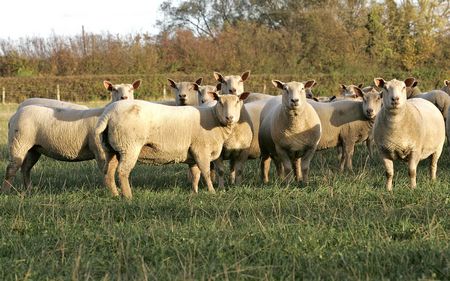High fluke risk this autumn

The Veterinary Laboratories Agency has issued an early warning of the potential for liver fluke infection (fasciolosis) for this autumn and winter.
Acute fasciolosis has been diagnosed at regional labs in Penrith, Winchester, and Carmarthen. The exceptionally wet summer has favoured the life cycle of this parasite and multiplication of its intermediate snail host species.
It is likely that all grazing animals will be exposed to a higher risk of infection, particularly those grazing wet pastures, and areas where fluke infection has occurred previously. Previously, liver fluke forecasts were based on counting the numbers of this snail species and records of prevailing weather conditions. Snail counting is no longer practiced, but the diagnosis of acute fluke in different parts of England and Wales provides good information of the potential for disease.
Acute fasciolosis results in sudden death, by haemorrhage in the liver, caused by migrating immature flukes. Sheep are far more susceptible to acute fasciolosis than cattle and could be at higher risk if they cannot be moved easily, because of movement restrictions imposed as a result foot and mouth disease.
Treatment is advised, with a flukicide that treats both mature and immature flukes. Farmers should consult their vet over the choice of flukicide. They must also bear in mind the withdrawal period for animals going to slaughter.
More chronic disease is seen later in the year from January to March in both cattle and sheep. Animals can develop anaemia, weakness and oedema under the jaw (bottle jaw). Production loss, including depression of milk yield and metabolic disease can also occur in cattle.
Again seek advice from your vet about treating milking cows because of manufacturers recommendations regarding milk withdrawal following treatment.

